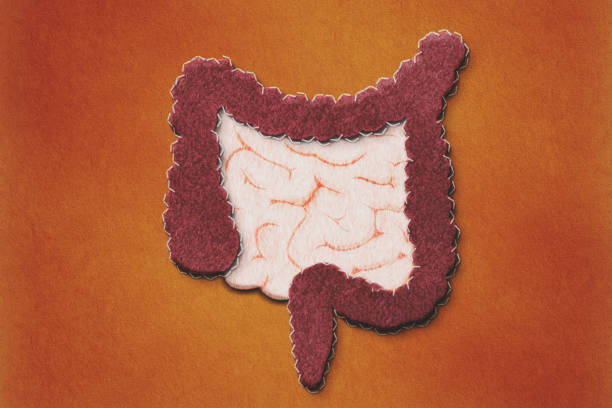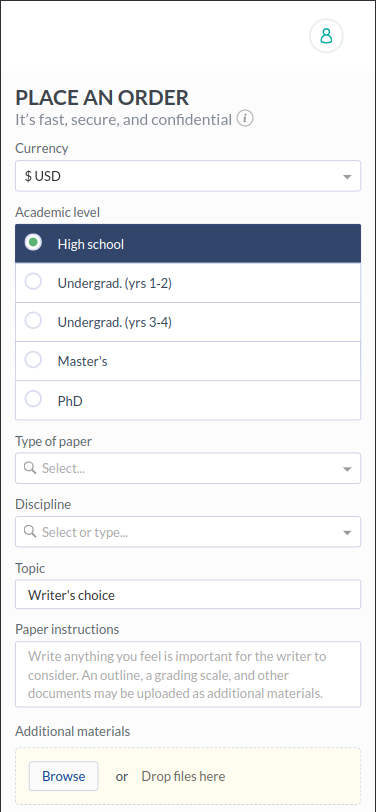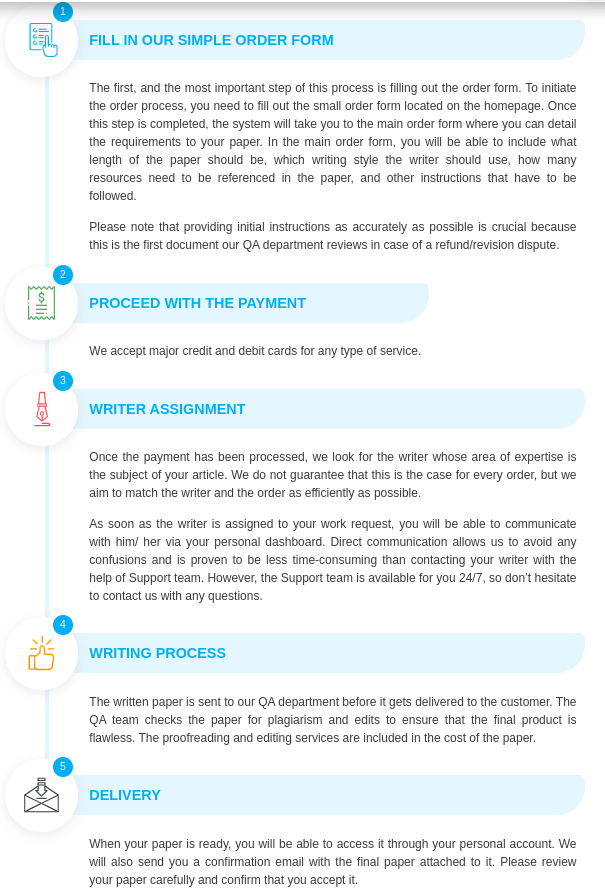Learn about constipation nursing care plans and diagnosis. Get insights into causes, symptoms, and effective nursing interventions to help manage constipation. Does your patient need a constipation nursing care plan?

As a nursing student, you will encounter patients dealing with constipation. A constipation nursing care plan (NCP) is crucial to help patients find relief. This guide will help you understand how to create an constipation care plan.
What is constipation?

NANDA-I defines constipation as the decline in the number of times one defecates. It manifests as a challenge or inability to pass stool. It is also when a patient releases dry stool. A constipation nursing diagnosis, occurs if patients defecate less than three times weekly.
Causes of constipation
There are various factors responsible for constipation. These include:
Mechanical Factors
- Hirschsprung’s disease. A condition where parts of the bowel lack nerve cells, causing blockages.
- Pregnancy. Hormonal changes and the pressure of the growing baby can slow down the bowels.
- Diverticulosis and bowel tumors. These conditions can block or narrow the intestines.
Physiological Factors
- Poor oral hygiene. Can affect digestive health.
- Low-fiber diet. Eating foods low in fiber can make stools hard and difficult to pass.
- Reduced gastrointestinal motility. Slow-moving intestines can cause constipation.
Psychological Factors
- Depression and anxiety. These conditions can lead to constipation.
- Stress. Stress can slow down bowel movements.
- Confusion. Can affect regular bowel habits.
Functional Factors
- Fear of pain. Avoiding bowel movements due to pain can worsen constipation.
- Lack of physical activity. Being inactive can slow down bowel movements.
- Weak abdominal muscles. Can make it difficult to push stools out.
Signs and symptoms of constipation
Constipation is a health problem that shows through different signs and symptoms. Recognizing these warning signs is important to create an accurate diagnosis. It also helps you make effective constipation NCP for your patients. The common signs and symptoms are:
- Infrequent bowel movements, fewer than three times a week
- Hard, dry stools that are difficult to pass
- Straining during bowel movements
- A feeling of incomplete evacuation
- Abdominal discomfort or bloating
What are the expected outcomes?
Setting outcomes is necessary when creating a nursing care plan related to constipation. Below are the expected outcomes:
- Patients should target three bowel movements per week, with soft, easy-to-pass stools.
- Alleviating abdominal pain and bloating is a primary goal. This is achievable through dietary changes, hydration, and appropriate medications.
- By managing constipation, patients can enjoy a better quality of life. Their everyday life should be free from the discomfort of irregular bowel movements.
- Preventing complications such as hemorrhoids and anal fissures is crucial. Proper management of constipation can help avoid these painful conditions.
- Patients should learn about lifestyle changes that can prevent constipation. These changes include increasing fiber intake, staying hydrated, and exercising.
Nursing assessment

A constipation nursing assessment creates an effective nursing care plan for patient with constipation. Here are key components of the assessment:
- Patient History. Collect detailed information about the patient’s bowel habits, diet, and physical activity. Also find out about medication use, and any underlying health issues.
- Physical Examination. Perform a physical exam to check for distension, and any signs of discomfort.
- Diagnostic Tests. Diagnostic tests to identify any underlying issues causing constipation.
- Symptom Analysis. Test the severity and duration of constipation symptoms, including stool consistency and frequency.
- Patient Education Needs. Assess the patient’s knowledge about constipation and their willingness to make lifestyle changes.
Nursing interventions
Implementing effective constipation care plan interventions is crucial for patient relief. Here are some key interventions:
- Dietary Changes. Encourage a high-fiber diet, including fruits, vegetables, and whole grains.
- Hydration. Tell patients to drink plenty of water throughout the day to keep stools soft and easy to pass.
- Physical Activity. Encourage regular exercise, such as walking or swimming, to stimulate bowel movements.
- Medications. Laxatives or stool softeners to help ease constipation. Ensure patients understand the proper use of these medications.
- Patient Education. Provide education on healthy bowel habits and dietary changes to prevent constipation.
Nursing diagnosis
A proper constipation nursing diagnosis is essential for developing an effective care plan. Here are some examples:
- Constipation related to Decreased Fiber Intake. Patients with low dietary fiber may experience hard, dry stools. Another common symptom is infrequent bowel movements.
- Constipation related to Inactivity. A sedentary lifestyle can slow down intestinal activity, leading to constipation.
- Constipation related to Medication Use. Certain medications can cause constipation as a side effect. Identifying and managing these medications is crucial.
Nursing care notes and actions
When creating a nursing care plan for constipation, consider the following:
- Regular Monitoring. Check the patient’s bowel movements, stool consistency, and any signs of pain.
- Patient Support. Provide emotional support and reassurance to patients.
- Education and Counseling. Educate patients on the importance of maintaining a healthy diet and exercise.
- Medication Management. Review and manage the patient’s medications to cut constipation-causing side effects.
- Follow-Up Care. Schedule regular follow-up appointments to assess the effectiveness of the care plan.
Nursing care plans for constipation

Developing a plan of care for constipation involves several steps:
- Assessment and Diagnosis. Conduct a thorough assessment and make a proper diagnosis.
- Goal Setting. Set clear, achievable goals for bowel regularity and symptom relief.
- Intervention Planning. Plan interventions such as dietary changes, hydration, exercise, and medications.
- Implementation. Put in place the care plan and track the patient’s progress.
- Evaluation. Assess the effectiveness of the care plan and make adjustments.
Constipation NCLEX questions
- What dietary changes can help manage constipation?
- How does physical activity influence bowel movements?
- What are common medications that cause constipation?
- Why is hydration important for preventing constipation?
- What is the role of fiber in managing constipation?
- How can stress affect bowel movements?
- What are the signs and symptoms of constipation?
- What are the expected outcomes of a constipation care plan?
- How should patients use laxatives?
- What are the complications of untreated constipation?
FAQS for Constipation nursing care plan
What are nursing care planning goals & expected outcomes for constipation? The primary goals and outcomes are better bowel functions and relief from pain.
What do nurses need to know about constipation? Nurses need to understand the causes, symptoms, and interventions for constipation. They should focus on the regularity of bowel movements.
How do you manage chronic constipation and encopresis? Management includes dietary changes, medication, and regular monitoring of bowel habits.
If you need help with your constipation nursing care plan we can help. Nursing Assignment Service provides high-quality, personalized writing services. Contact us today to get started on your path to academic excellence.




